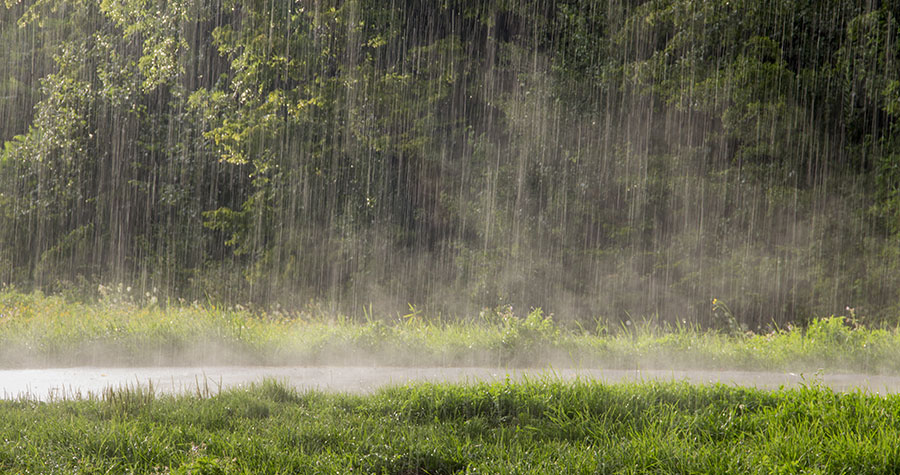Terms to Know
Severe Thunderstorm Watch
Is issued when severe thunderstorms are possible in and close to the watch area. The watch is issued to alert you to the possibility that thunderstorms with damaging winds and large hail may develop. Listen to NOAA Weather Radio and your local media weather updates and stay informed!
Severe Thunderstorm Warning
Is issued when a severe thunderstorm has been spotted and is going to move through your county soon. The key is to remain CALM, but take precautionary action IMMEDIATELY to protect your life and property.
Act Now to be Prepared
Know the county in which you live and the names of nearby cities. Severe weather warnings are issued on a county basis.
Before the Storm
- Check the weather forecast before leaving for extended periods outdoors.
- If a storm is approaching, keep a NOAA Weather Radio or AM/FM radio with you.
- Watch for signs of approaching storms.
- Postpone outdoor activities if storms are imminent.
- Check on neighbors who require special assistance: infants, the elderly, and people with disabilities.
During the Storm
Remember: If you can hear thunder, you are close enough to the storm to be struck by lightning. Go to safe shelter immediately.
- Move to a sturdy building or car. DO NOT take shelter in small sheds, under isolated trees, or in convertible automobiles.
- If lightning occurs and sturdy shelter is not available, get inside a hard top automobile and keep the windows up.
- Get out of boats and away from water.
- Telephone lines and metal pipes can conduct electricity. Unplug appliances not necessary for obtaining weather information. Avoid using the telephone or any electrical appliances. Use phones only in an emergency.
- Do not take a bath or shower
- Turn off air conditioners. Power surges from lightning can overload the compressors.
- Get to higher ground if flash flooding or flooding is possible. DO NOT attempt to drive to safety. Most flash flooding deaths occur in automobiles
After the Storm
- Check on neighbors who may require special assistance -- infants, the elderly, and people with disabilities.
- Avoid all downed power lines. Assume they are live electricity.
- Continue to monitor NOAA Weather Radio and your local media for latest weather updates.

